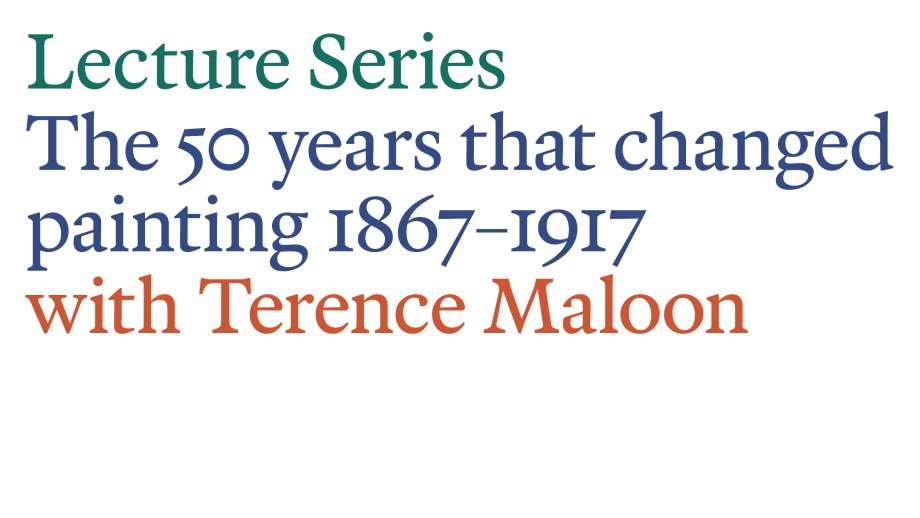Does China’s BRI and private investment abroad help industrial development in the third world? Tenuous technology transfers between China and Ethiopia
Presented by ANU College of Asia & the Pacific
China’s quick expansion in the developing world, in particular the Sub-Sahara African countries, has spawned public debates and generated new fields of scholarship over the past couple of decades. In this talk, I will examine whether China’s Belt and Road (BRI) projects and private investment contribute to the industrial development in Africa through the lens of technology transfer. My findings are drawn from three case studies of Chinese firms in Ethiopia. Counterintuitively, my study shows that this process is not a straightforward process in which China holds the reins, as is generally assumed. African countries and people, though less economically developed, have demonstrated that they hold bargaining power vis-à-vis Chinese investments and technological transfers at the intra-firm level. Through interviews in Ethiopia with Chinese managers, technicians and workers and their Ethiopian counterparts, this research reveals that technology transfer is entangled with global and local forces, power contestations between Chinese and Africans, and managerial considerations. These transference processes are not developmentally driven nor driven by political efforts at solidarity with the Third World as in the days of Mao. Too, transferring technology is a slow process that has some spillover effects on other domains such as labour relations. It is hoped that this research will supplement and add insights into other scholars’ research on technology transfer and market forces in developing countries.
The ANU China Seminar Series is supported by the Australian Centre on China in the World at ANU College of Asia and the Pacific.
Location
Building 188, Fellows Lane
ACT
Acton
2600
Speakers
- Dr Liang Chen
Contact
- Chiu Tung Ng59267



